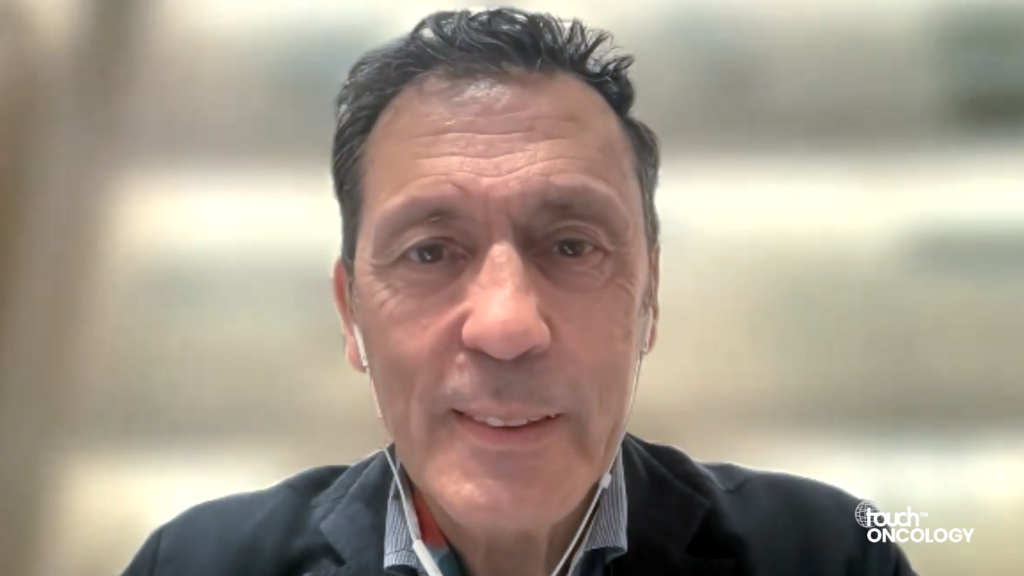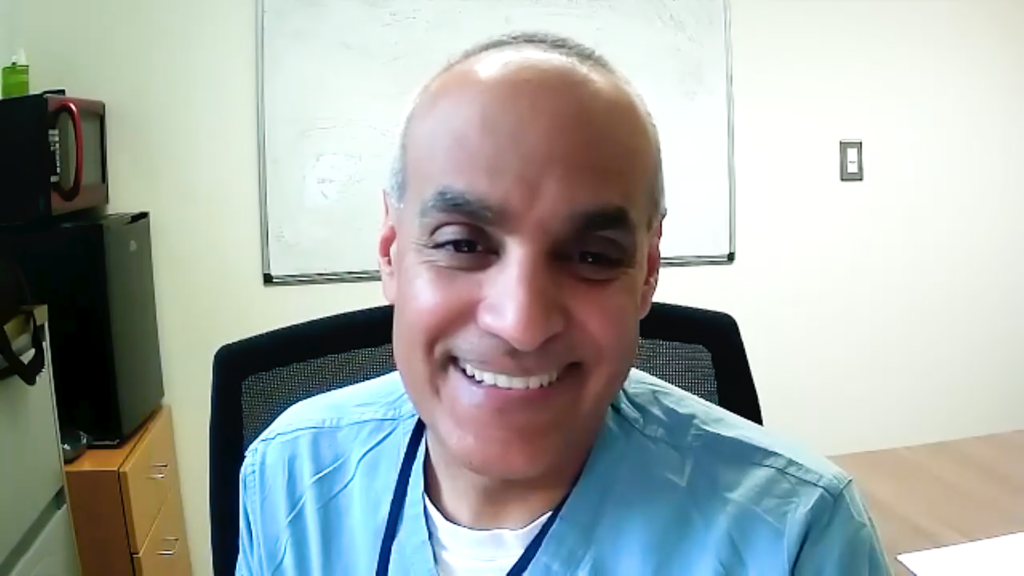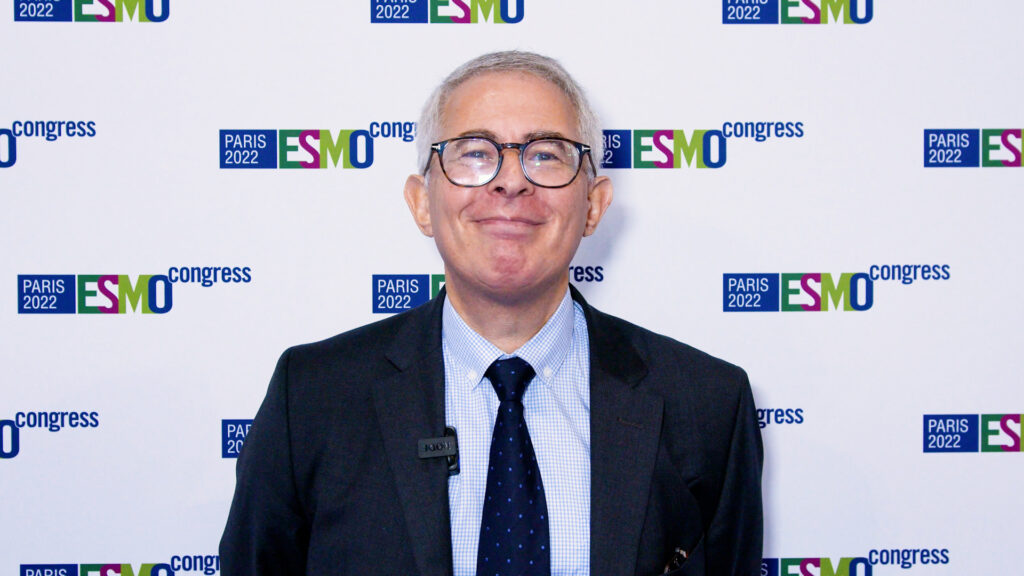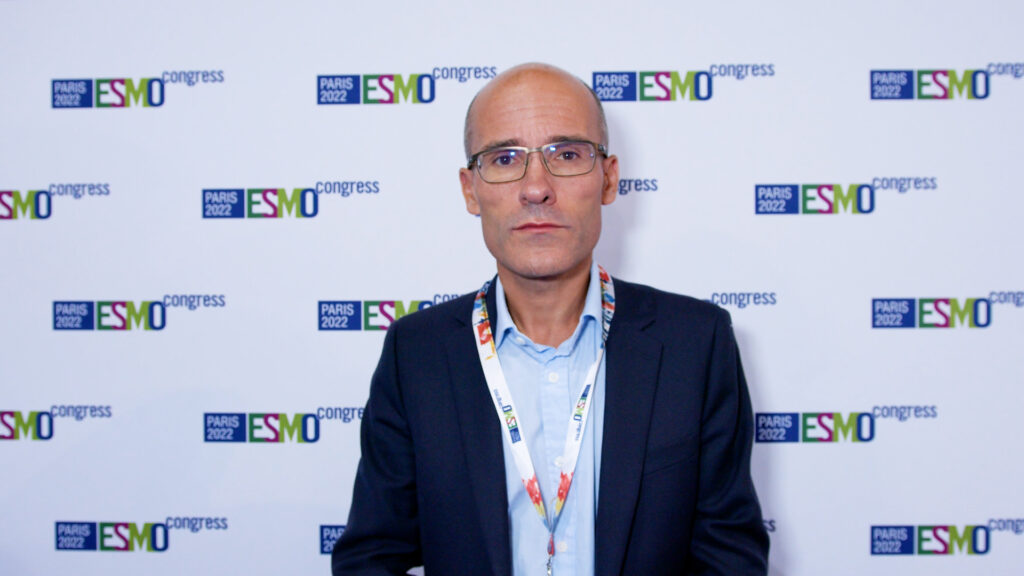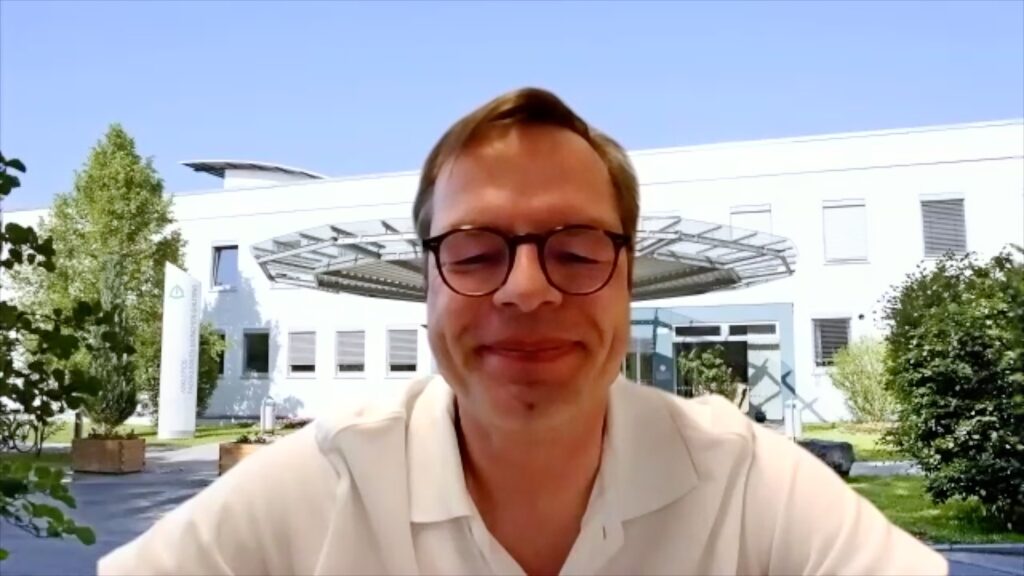
Suresh S Ramalingam, MD, FACP, FASCO is Professor of Hematology and Medical Oncology, Roberto C. Goizueta Chair for Cancer Research, Director of the Division of Medical Oncology and Deputy Director at the Winship Cancer Institute, Emory University School of Medicine in Atlanta, Georgia, USA. Dr Ramalingam has published over 100 peer reviewed articles and serves on the editorial board of leading cancer journals such as Journal of Clinical Oncology, Cancer and Clinical Lung Cancer. He has been an invited speaker at numerous international meetings. Dr Ramalingam’s research interests include development of novel anti-cancer agents and evaluation of methods to individualize therapies to patients. He is currently involved in the development of agents that inhibit the mTOR, HDAC, DNA repair and EGFR pathways. Dr Ramalingam is an active member of American Society of Clinical Oncology (ASCO), the American Association for Cancer Research (AACR), and the International Association of Lung Cancer Study (IASLC). He plays a leadership role in the ECOG-ACRIN Cancer Research Group as the Chair of the Thoracic Malignancies Committee. He has received many awards including the ‘ASCO Career Development Award’ (2006-9).
What are your highlights of 2019?
There have been a number of exciting developments in the field of Thoracic Oncology in 2019. Immune checkpoint inhibition has firmly entrenched itself in the treatment of patients with non-oncogene addicted lung cancers. Recently the results of a trial combining Ipilimumab with Nivolumab demonstrated superiority in overall survival (OS) compared to chemotherapy for patients with advanced stage non-small cell lung cancer (NSCLC). These results have recently been published in The New England Journal of Medicine. This approach adds a new option for first-line therapy of advanced NSCLC.
In the targeted therapies realm, we reported the final OS results of the FLAURA study. Patients treated with Osimertinib for advanced stage EGFR-mutated lung cancer experienced improvement in overall survival compared to erlotinib/gefitinib. This observation firmly positions Osimertinib as the preferred front-line therapy for EGFR-mutated NSCLC.
The results of the ECOG-ACRIN 5508 study that compared three different maintenance therapy strategies were reported at ASCO 2019 and subsequently in a publication in Journal of Clinical Oncology. In this trial, we enrolled more than 1, 500 patients out of which approximately 875 were randomized to one of three maintenance therapy groups. We noted that the OS results were comparable between using bevacizumab monotherapy, pemetrexed monotherapy or the combination of the two agents for advanced stage non-squamous, non-small cell lung cancer. Toxicity was greater with the combination regimen, leading to the conclusion that maintenance therapy with pemetrexed or bevacizumab is appropriate in this setting.
In small cell lung cancer, another immune checkpoint inhibitor (durvalumab) has demonstrated improvement in overall survival when given in combination with chemotherapy. The clinical data are similar to that with atezolizumab-chemotherapy combination in this disease. These two trials have demonstrated modest improvement in overall survival with the addition of immune checkpoint inhibitor to standard chemotherapy for patients with extensive stage small cell lung cancer.
What have been the major breakthroughs in data?
The major breakthrough in 2019 is the observation that therapy with direct KRAS G12C inhibitors demonstrated responses of in nearly 50% of the patients with the KRAS G12C mutation. KRAS G12C mutations are present in approximately 14% of all cases of lung adenocarcinoma. These results are exciting since we have not experienced any therapeutic advances from a targeted therapy perspective for this group of patients.
How will these impact the future?
The exciting results with AMG510 and Mirati drug are now being verified in larger cohorts of patients. I anticipate the randomized trials will be initiated. If the efficacy of these drugs is confirmed in these larger trials, we may finally have a targeted therapy option for patients with KRAS mutations.
What are the current hottest topics and what do you hope to see in 2020?
In addition to developing new targeted agents for patients with oncogene-addicted tumors, understanding the resistance mechanism continues to be an important area. For instance, with Osimertinib front-line therapy, knowledge of resistance mechanisms could lead to development of novel combination strategies at the time of acquired resistance. This is also applicable for other molecularly targeted therapies use for various driver events in non-small cell lung cancer.
In 2020 we hope to see the approval of agents targeting RET and MET pathway addicted adenocarcinoma of the lung. In addition, we also anticipate that more data with the use of immune checkpoint inhibition in earlier stages of non-small cell lung cancer and novel combination approaches in metastatic non-small cell lung cancer will become available.
Please provide a brief summary of your current research
Our group is working on answering several important questions that affect patients with lung cancer. In the immunotherapy realm, we are interested in developing novel combination approaches, identifying biomarkers and to understand in-depth the biology of the immune micro-environment that results in response to immune checkpoint inhibition. Particularly we are interested in further understanding the role of stem-like CD8 D cells in the context of immune checkpoint inhibition. We are also working on understanding the role of B cells in response and toxicity associated with immune checkpoint inhibition.
In the realm of targeted therapies, we are working on developing novel combination approaches to delay or overcome resistance to Osimertinib. Our group is also interested in studying LKB1-mutated lung cancer, a disease sub-entity for which there are limited treatment options. Developing novel approaches to improve the effectiveness of therapies for this sub-group of patients remains an unmet medical need.
Support: No funding was received in the publication of this Insight article.
Published: 16 December 2019


